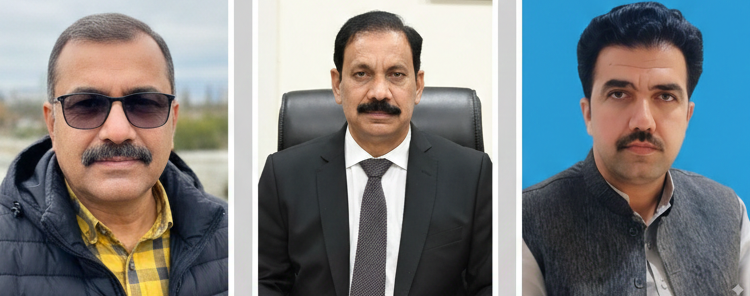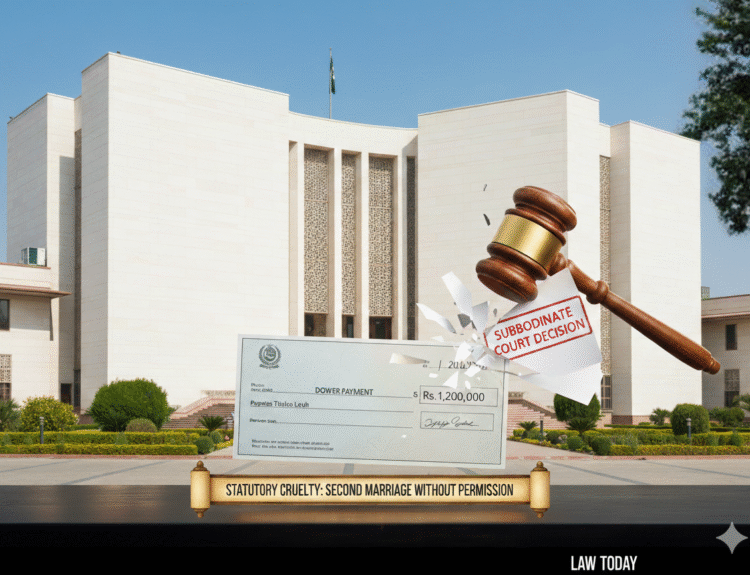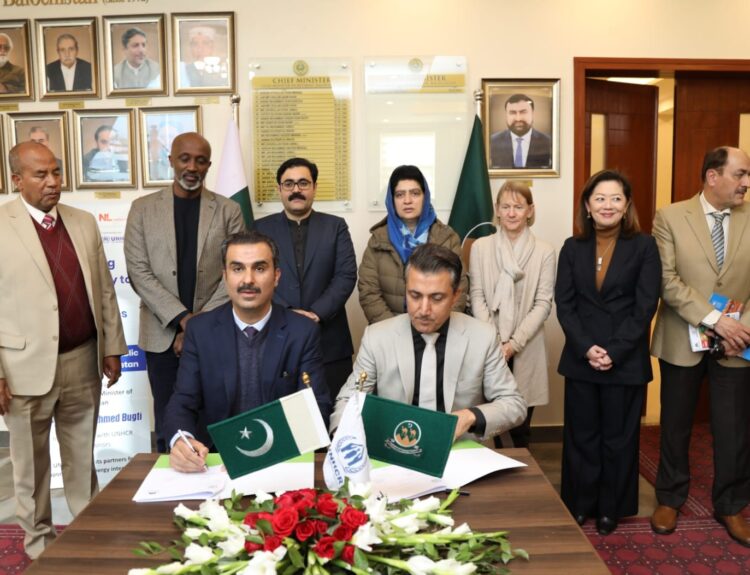ISLAMABAD – A landmark UK programme has successfully concluded after delivering major reforms across Punjab and Khyber Pakhtunkhwa (KP). The UK’s Sub-National Governance Programme ran from 2019 to 2025, unlocking over £1.9 billion in public finance through improved planning, budgeting, and revenue mobilisation.
British High Commission Islamabad stated in a press release here on Wednesday that working closely with provincial governments, the programme has helped to achieve savings to reinvest into other public services. For example, it helped the Government of Punjab to develop a comprehensive pensions reform plan. This included the introduction of a new pensions scheme where both the employer and employee pay in, which is expected to save the Government of Punjab PKR 2.7 trillion over the next 30 years.
The UK’s work on governance reform in Pakistan will continue. In collaboration with UN Development Programme, the UK will continue to focus on sustained institutional reform and improved public financial management. Several key initiatives, including further reforms to provincial pension schemes, will be carried forward in the UK’s new National Governance Programme.
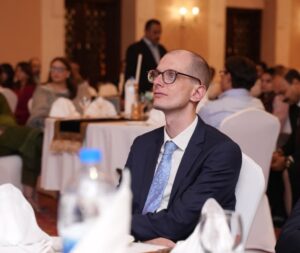
Reforms through the programme have also directly supported people’s livelihoods. In Punjab, 35 million people’s social and economic data was collected, meaning the government can now better target urgent cash assistance and food subsidies. The programme helped design and rollout social protection initiatives such as Ba-Himmat Buzurg, which offers elderly people with no source of income financial assistance, and the Himmat Card which provides financial support for people with disabilities in Punjab. In KP, it helped overhaul waste management, introducing sustainable door-to-door waste collection which is now being scaled up across the province.
- pin up az
- 1win casino
- mostbet
- mosbet kazino
- mosbet
- mostbet
- pinup casino
- lucky jet casino
- mosbet az
- mosbet
- пинап
- mostbet kz казино
- pinup
- mosbet
- mostbet casino
- lucky jet
- snai aviator
- mostbet casino
- mostbet casino
- mostbet kz
- 1win
- pinup az
- pin up
- mostbet online
- aviator casino
- 1win aviator login
- pin up kz
- pin up
- 1win kz
- 1 vin
- 1win casino bonus
- pinko
- pin up
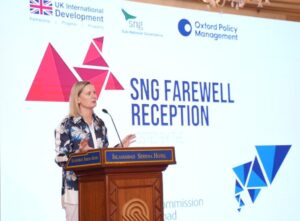
British High Commission Development Director, Sam Waldock, said: “This programme shows what is possible when strong partnerships come together to support long-term reform, changing people’s lives. We’ve strengthened institutions, improved service delivery, and helped Pakistan unlock more of its resources to finance its own development. That has led to direct improvements to the day to day lives of millions- from helping people to access essential cash assistance, to creating waste management systems which makes their surroundings cleaner and more hygienic.” The UK’s work on governance reform in Pakistan will continue. In collaboration with UN Development Programme, the UK will continue to focus on sustained institutional reform and improved public financial management. Several key initiatives, including further reforms to provincial pension schemes, will be carried forward in the UK’s new National Governance Programme.

